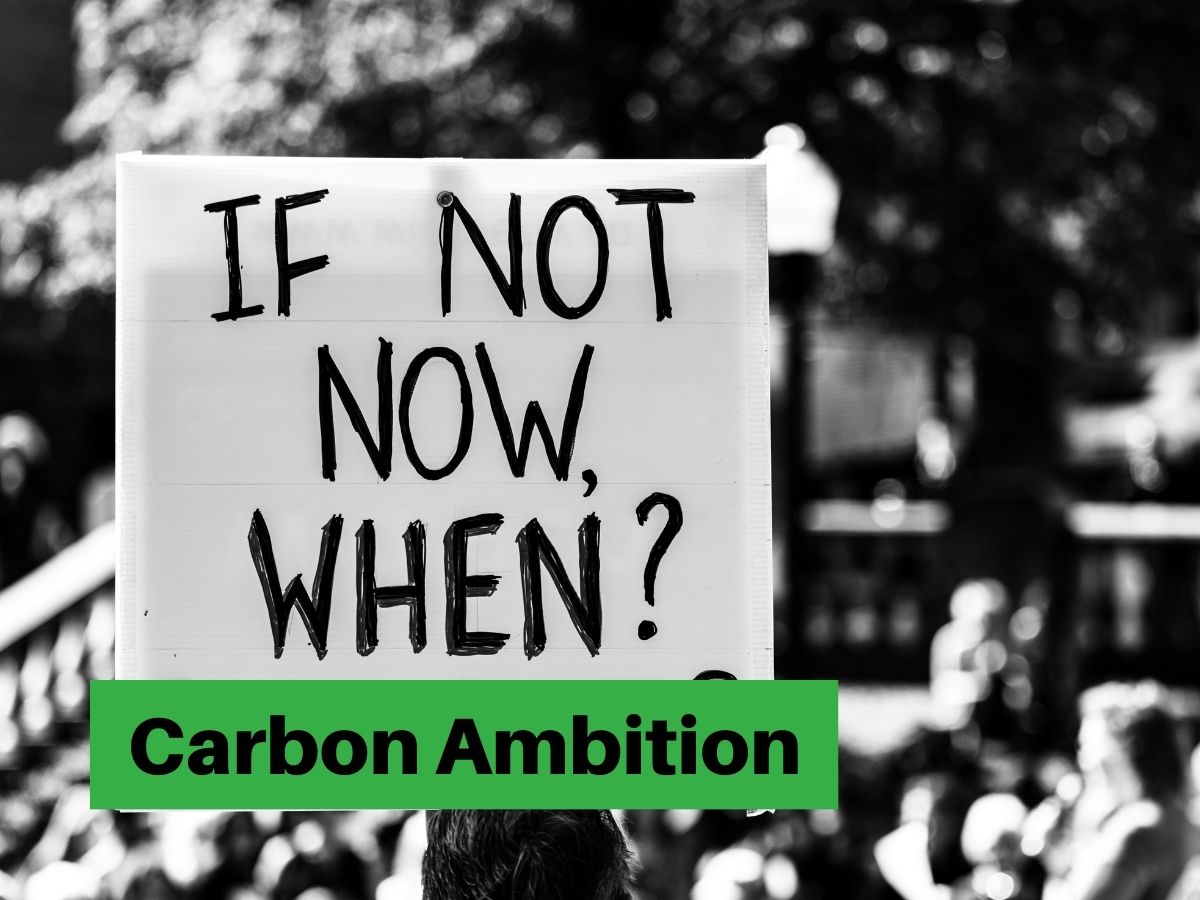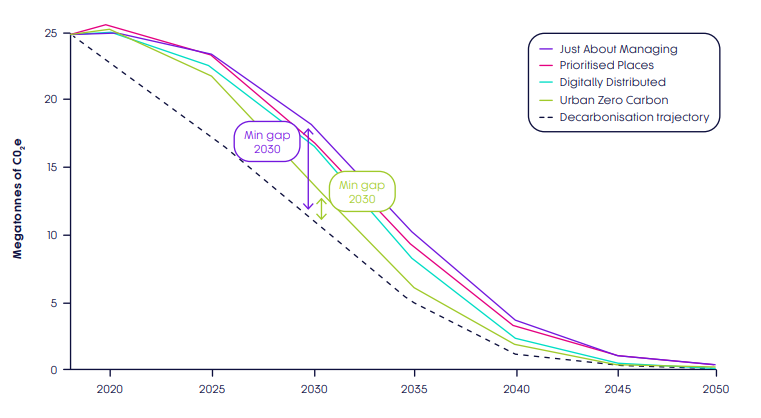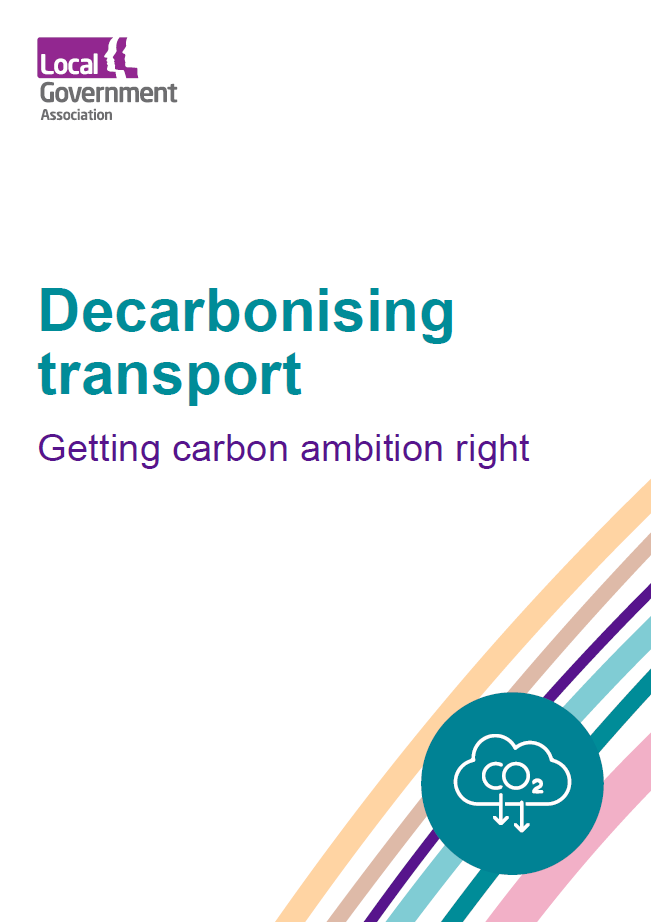Taking the temperature and equity commitments enshrined in the Paris Agreement at face value places considerable mitigation demands on wealthy industrial nations. Interpreting Paris through the science demonstrates the importance of living within a tight and rapidly dwindling carbon budget.
Research by UKERC and Tyndall Manchester for DecarboN8, estimates a UK Paris-compliant carbon budget, subsequently apportioned to different UK sectors, including car travel. The implications are profound.
Even if the UK car fleet is completely decarbonised by 2035, the number of vehicle kilometres travelled will still need to be cut in half if the sector is to make its fair contribution to delivering on the Paris commitments.

Carbon budgets
Carbon budgets help us to understand the pace and scale of change required, as well as the consequences of delay. The longer we persist with car-based mobility systems, the more CO2 we emit. The more we emit now, the more radical tomorrow’s solutions will need to be, to compensate for today’s emissions. Delay hands the cost of decarbonisation on to future generations. DecarboN8 uses carbon budgets to evaluate mobility solutions in terms of their potential to decarbonise transport at the scale and pace implied by the Paris Agreement.

A transport decarbonisation strategy for the North of England

DecarboN8 provided evidence to support our partners, Transport for the North, in the development of the Transport Decarbonisation Strategy (2021).
Transport for the North produced four transport decarbonisation scenarios aimed at delivering zero-carbon transport by 2050:
- Just About Managing
- Prioritised Places
- Digitally Distributed
- Urban Zero Carbon
Comparing these scenarios to an evidence-based carbon budget revealed the size of the challenge, even when the 2050 target is reached:
The Decarbonisation Trajectory sets a total carbon budget of approximately 290 mega-tonnes of CO2 from 2018 to 2050. All scenarios exceed this budget from 2030, despite Urban Zero Carbon and Digitally Distributed achieving close-to-zero emissions by 2050. This demonstrates the importance of rapidly reducing emissions in both the short and long term.
Selected Publications
Policy Briefing: Getting carbon ambition right
This briefing sets out the framework within which local authorities can begin to deliver ambitious action plans. It explains some of the key issues surrounding carbon targets and budgets, and what levels of emission reductions are necessary to be consistent with the Paris Agreement.
This briefing is also part of a series, commissioned by the Local Government Association, which sets out what actions will be most effective for local government in the transport sector.
There is a huge diversity in transport-related CO2 emissions between local authorities today, and very different options and opportunities available for different places to tackle the problem.
Read the policy briefing
Transport infrastructure and embodied emissions
All transport infrastructure generates carbon emissions in its construction, maintenance and operation. This hidden carbon cost, known as embodied emissions, can be significant. This policy briefing and technical reports quantify the embodied emissions involved in building and maintaining typical transport infrastructure. The research looked at real infrastructure proposals for North East England, selected with support from Transport for the North.
It addresses questions such as:
- Can transport infrastructure emissions be eliminated using available materials and techniques?
- Can operational improvements from road or rail building ‘pay back’ embodied emissions?
- What are the implications for infrastructure investment programmes?


